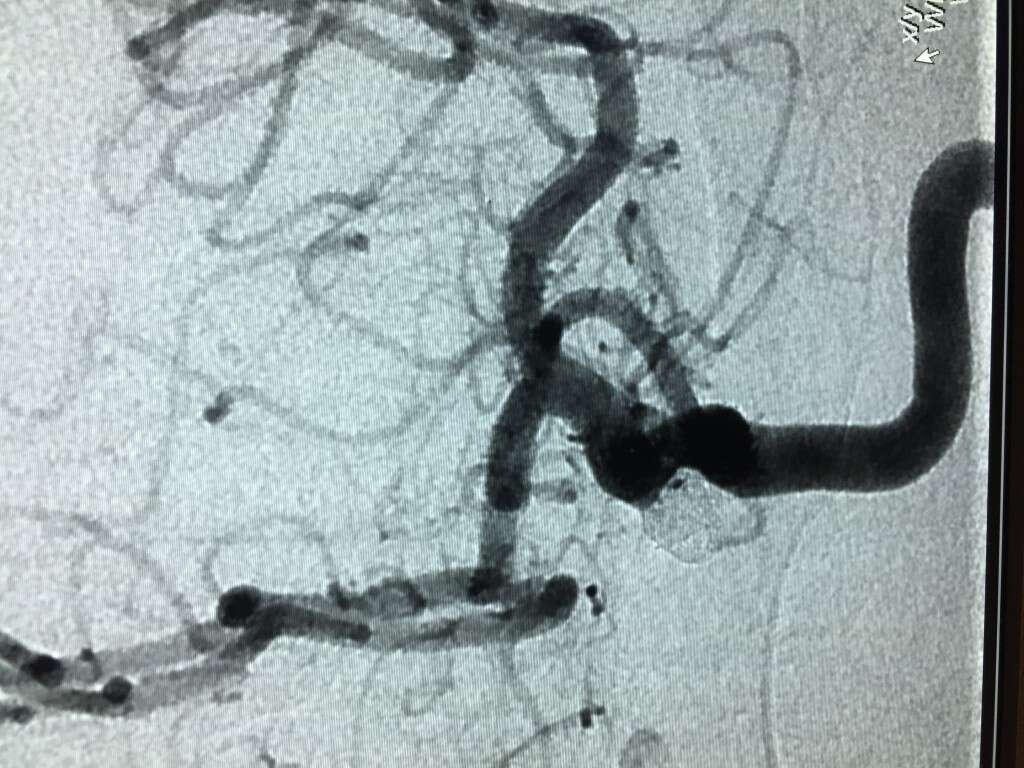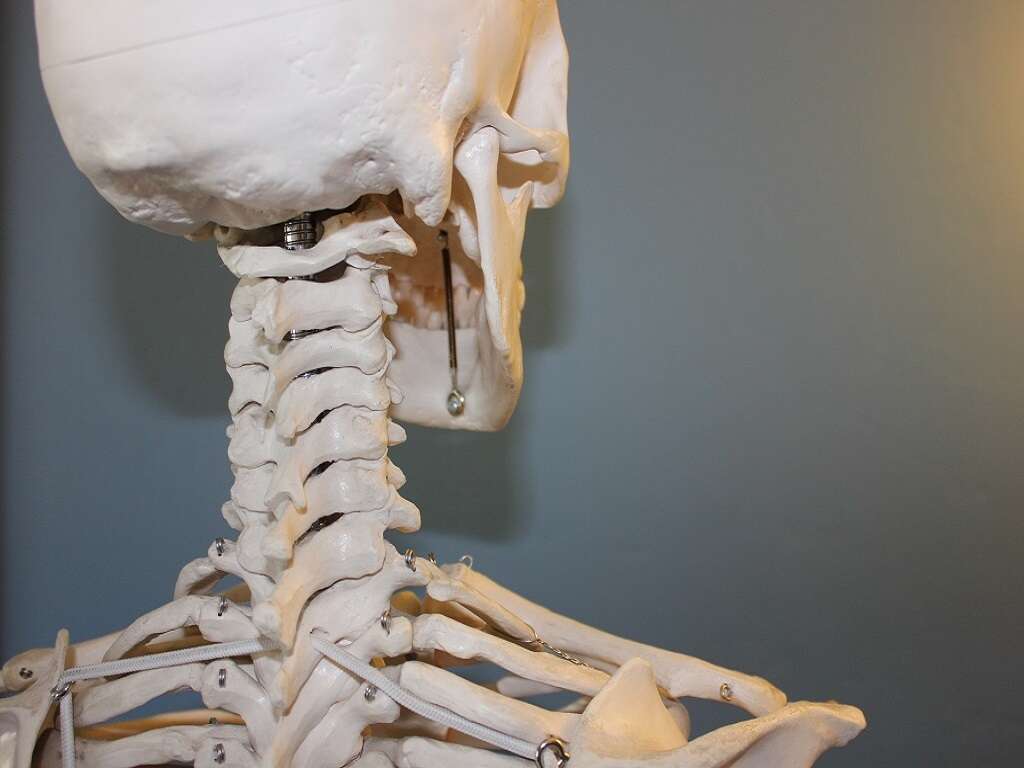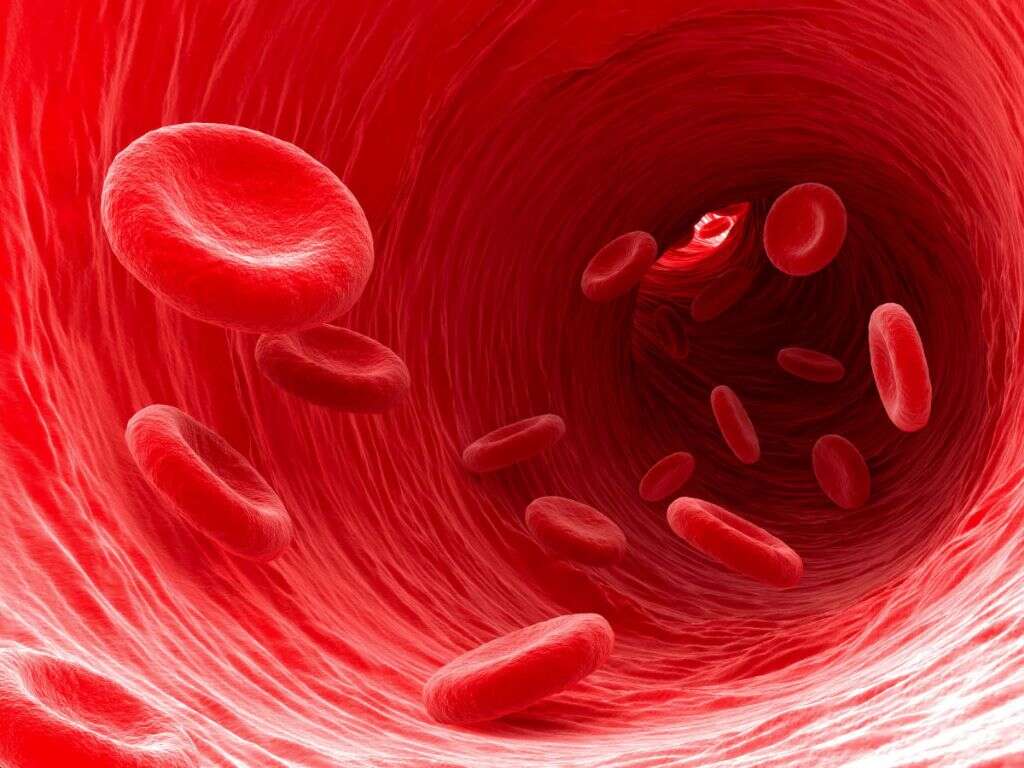10 Aneurysm Symptoms
A brain aneurysm is the bulging of a blood vessel in the brain due to weakened walls. It is possible for somebody to go through their whole life with a brain aneurysm without experiencing any ill effects. They still have the potential to be very dangerous, however.
The aneurysm can get worse, bulging to dangerous levels and even bursting, causing blood to leak out into the brain. Such a situation is extremely dangerous and the patient’s life can be in danger. Here are a few of the signs to look out for.

Symptom #1: Nausea
Patients suffering from a ruptured brain aneurysm can experience autonomic disturbances such as nausea, vomiting, and even fever. This occurs as the blood from the bleeding aneurysm collects in the subarachnoid space causing irritation and compression of surrounding structures.

Symptom #2: Headache
When we get a headache, we will often just pop a couple of painkillers and consider having an early night. They are very common and are rarely something to be concerned about but they can also be a sign that something is not right. It could even mean that you have an aneurysm.
The headache associated with a ruptured brain aneurysm is often described as “the worst headache” a patient has ever felt. It has quite an abrupt onset and it could be the very first symptom for this condition. If you are experiencing a severe headache with an abrupt onset, you should seek medical attention.

Symptom #3: Seizures
Did you know that there is enough electricity in the body to light a light bulb? Electrical signals are constantly traveling throughout the body. These include signals from the brain to the muscles and organs to help orchestrate our movements and other functions. If these signals become confused, though, then the body can struggle to function as normal.
Excess electrical impulses in the brain can cause mixed signals to be sent out throughout the body. This can cause muscles to contract and relax quickly, causing the body to go into seizures. Seizures can be alarming but are not necessarily dangerous in themselves, but you should definitely investigate to find out what the cause is.
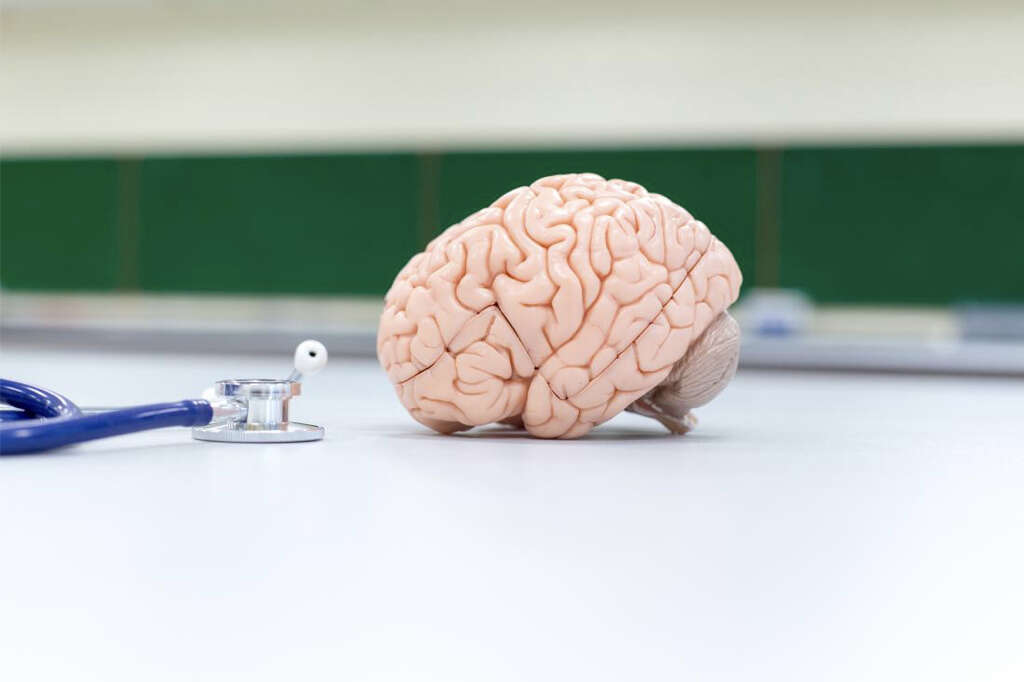
Symptom #4: Blurred Vision
Most of us are usually able to see quite clearly, even if we do need help from spectacles or contact lenses. Most peoples’ vision will gradually deteriorate over time but still, modern equipment and procedures will be able to help us see for long into our old age.
Much of the process of seeing is done by the brain, though, and not only the eyes. The brain has the job of processing information that comes from the eyes and converting it into something that we can make sense of. If the brain’s functioning is impaired by an aneurysm then it can cause our vision to become blurred or doubled.

Symptom #5: Drooping Eyelid
Our faces have a total of 43 muscles. This helps us to make a wide array of facial expressions and this is often used as a form of language in itself. As usual, these muscles are controlled by the brain, and our facial expressions are often completely involuntary.
With the brain controlling the muscles in the face, the face can often be used as a sign that something is wrong with the brain. Patients with an aneurysm will sometimes find that an eyelid begins to droop more so than it usually would. This can also be a sign of other dangerous issues such as a stroke, so you should treat it as very serious.
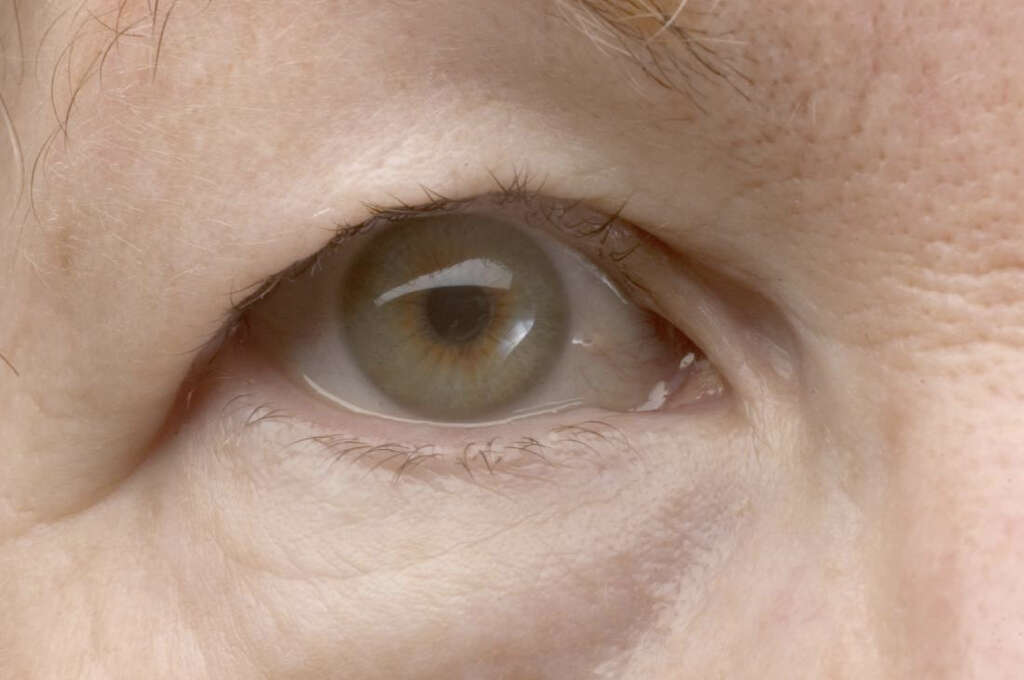
Symptom #6: Difficulty Speaking
Speech comes naturally to us, except for when we are learning new words or languages. Once we have learned them thoroughly then we won’t even need to think about what we want to say in order to say something. It is all done by the brain but even speaking can become a problem if something is wrong with the brain.
During a rupture of a cerebral aneurysm, speech can be compromised as the blood starts to disrupt the proper functioning of the brain. Structures get pushed and compressed by the accumulation of blood and it can cause havoc in our brain. It could manifest as having problems finding the right words, speaking without any sense, having problems understanding written and spoken words or it may even cause the patient to stop talking at all.

Symptom #7: Confusion
We are usually quite good at making sense of what is going on around us. We generally know where we are, what we are doing, and also what other people around us are doing. It is something that we tend to take for granted because it is done without effort, but it can become a lot harder for us.
Patients suffering from a ruptured brain aneurysm often feel confused and their alertness level can also be compromised. It is a non-specific symptom but it is a clear sign that something is wrong and you should seek medical attention.

Symptom #8: Stiff Neck
A stiff neck can occur because bleeding puts pressure on the meninges. This is a protective layer that helps keep the brain and the spinal cord safe.
Pressure on the meninges elsewhere can cause it to become tighter in the neck, resulting in what we would feel like a stiff neck.

Symptom #9: Sensitivity to Light
One of the main functions of our pupils is to help regulate how much light is allowed to enter the eye. It will open wide when it is dark to allow as much light in as possible, while it will close in bright light to prevent too much from getting in. This is noticeable when you move between dark and light rooms and it takes a while for your eyes to adjust.
This helps to prevent too much light from being uncomfortable to us. A patient with an aneurysm, however, can find that they have a sensitivity to light regardless of how much their pupil closes.

Symptom #10: Unconsciousness
If the brain is harmed, or if it is in danger, then it can simply close down resulting in what we know as unconsciousness.
This is a state where our body and brain are still alive but the body is no longer responding to stimuli. If it happens suddenly and without explanation then it should be treated as a medical emergency.






